Recent posts seemed to cause a disturbance in the force. Just kidding but when you incorporate your business on may the 4th you get to use that one. A number of questions generated around why Odor control and air treatment. The answer is pretty straight forward, the treatment equipment and methodology are very similar.
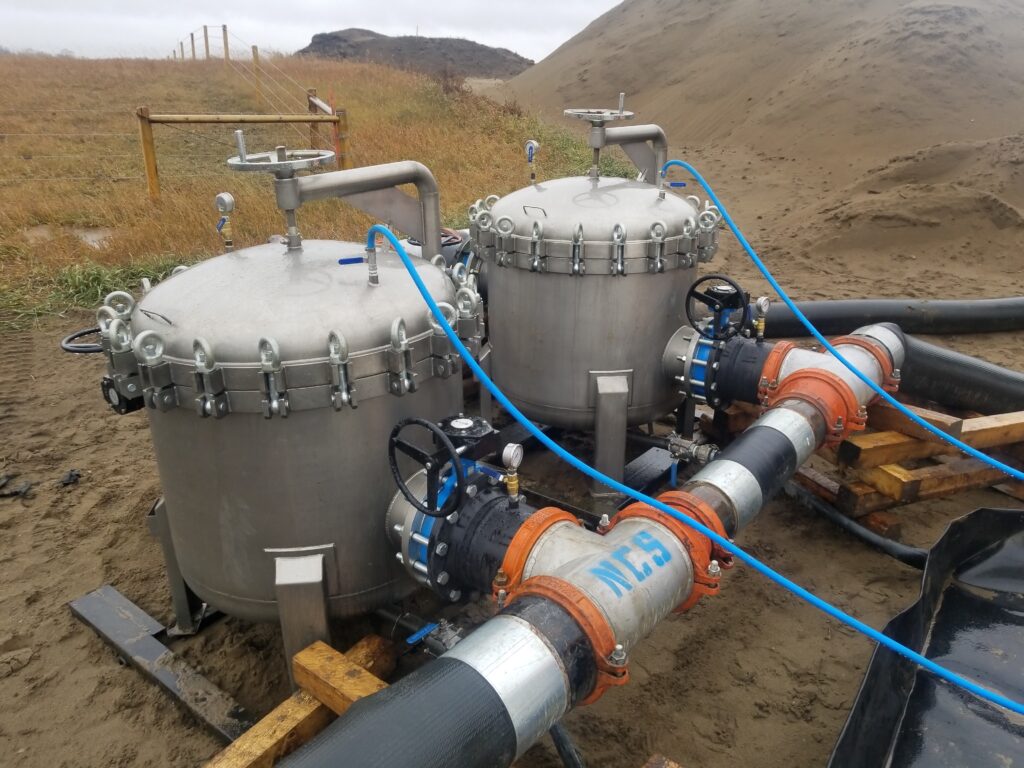
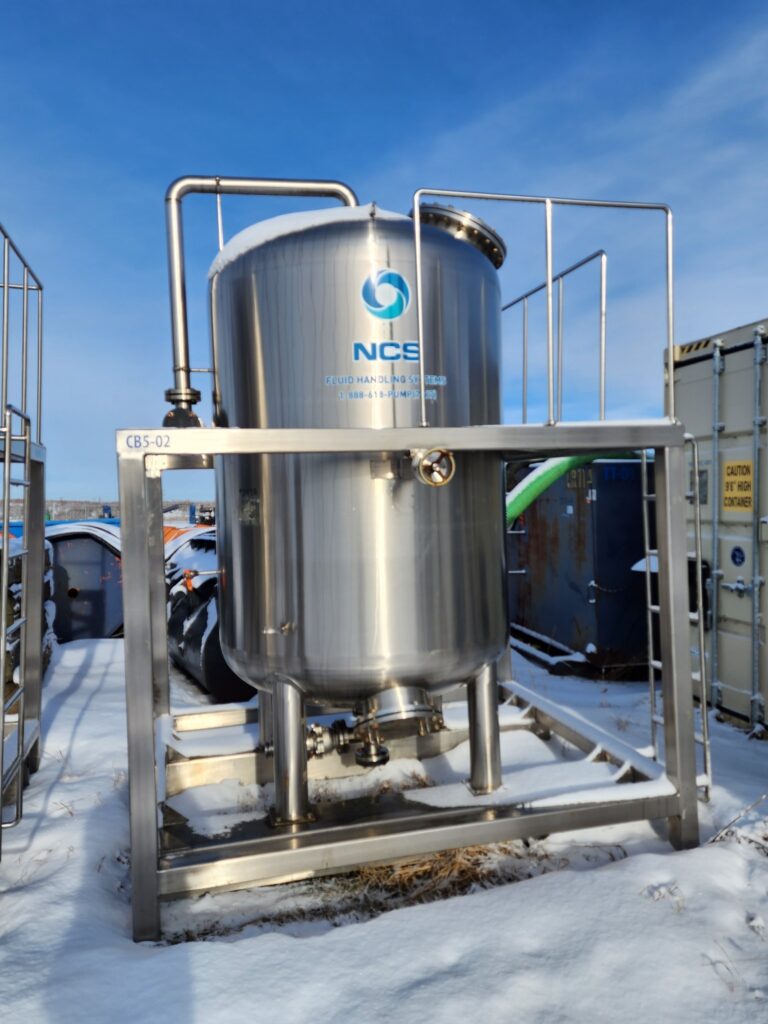
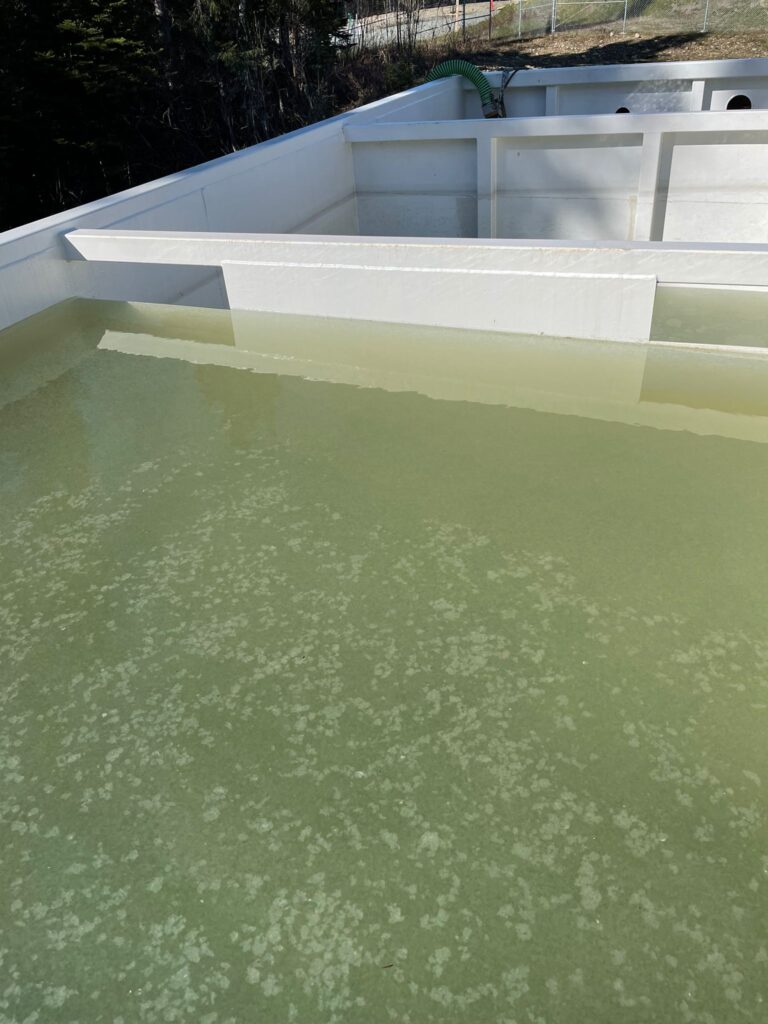
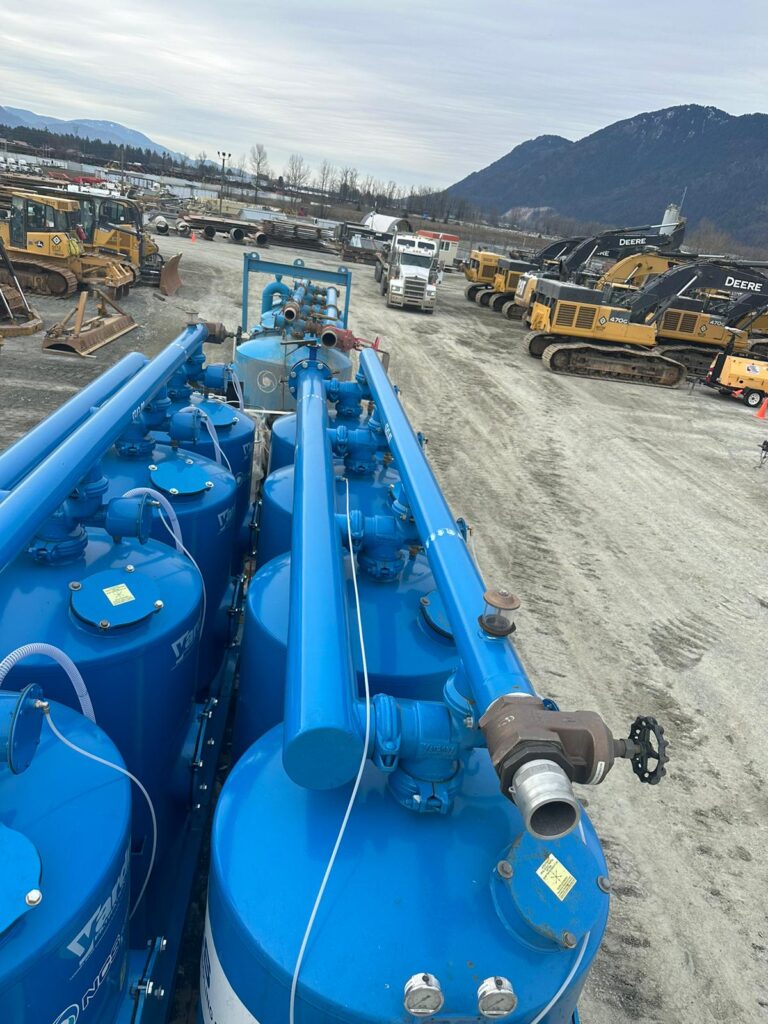
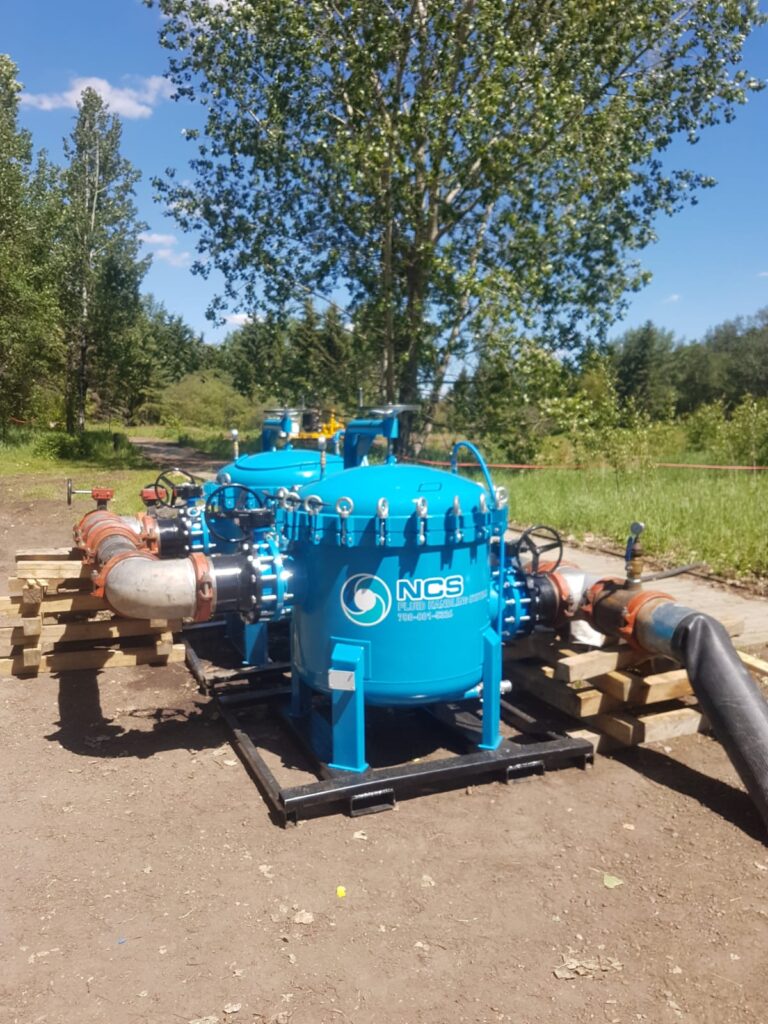
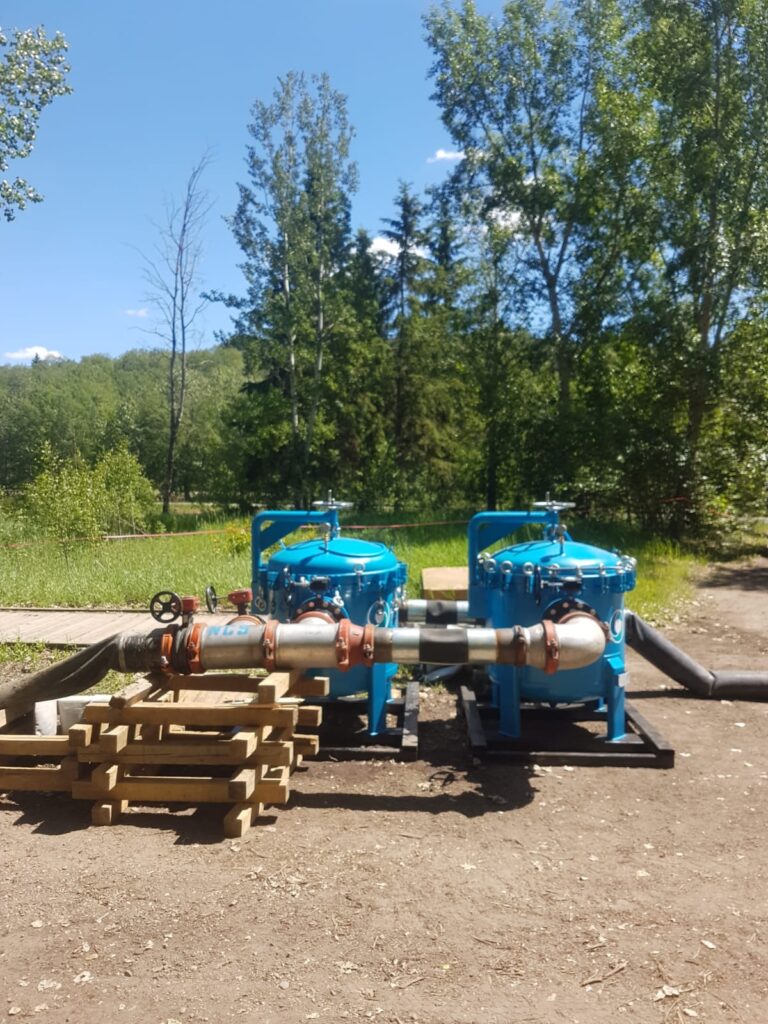
NCS Fluid Handling Systems and its partners across Canada and into Washington and California are constantly working to remain the market leaders in industrial water management, hydro-testing, sewer bypass, and dewatering, due to its innovative and comprehensive strategies. The company’s has strong focus on both water and air treatment. Particularly odor control, reflects its commitment to offering holistic environmental solutions. The already strong solutions engineered approach supports the addition of odor control and process equipment. This also aligns with the cross Canada and west coast of the USA strategies.
For water treatment, NCS Fluid Handling Systems employs an array of advanced equipment. Carbon filtration, is a system that removes contaminants by adsorption. The process where the impurities are attracted to activated carbon particles. Green sand filters are used to effectively remove iron and manganese, common pollutants in water sources.
In air treatment, odor control is achieved using similar techniques. Carbon beds are used to adsorb odorous compounds in the air. The reason for the similarity in equipment is the shared nature of the pollutants encountered in both water and air, such as volatile organic compounds (VOCs).
Odor control equipment and water treatment equipment employed by NCS Fluid Handling Systems both share the common goal of purifying their respective mediums to ensure safety and quality. One key similarity between the two systems lies in the use of filters. Carbon filtration, in particular, is a pivotal aspect of both the odor and water treatment processes. Utilizing activated carbon to absorb and trap pollutants, thereby eliminating impurities from the air or water passing through these filters. In the context of odor control, carbon filtration effectively removes gaseous pollutants that contribute to unpleasant smells. Similarly, in water treatment, it eliminates harmful chemicals and enhances the taste and quality of the water.
Green sand filters, another common equipment type, serve a crucial role in both water and odor treatment processes. These filters contain a green-colored mineral known as glauconite, which aids in the removal of impurities. In water treatment, green sand filters effectively remove heavy metals and other pollutants, providing a cleaner, safer water supply. In odor control, although not as commonly used, green sand filters can potentially help in trapping and neutralizing foul-smelling gases. These examples highlight the shared goal of treatment that unifies the different equipment types used in both water and odor treatment processes within NCS Fluid Handling Systems.
The intrinsic connectivity between water and air treatment underscores the synergy in NCS Fluid Handling Systems’ services. The company’s concurrent focus on these two crucial areas not only provides an all-encompassing solution for clients but also helps mitigate environmental impacts, demonstrating their steadfast commitment to sustainable industrial practices.

